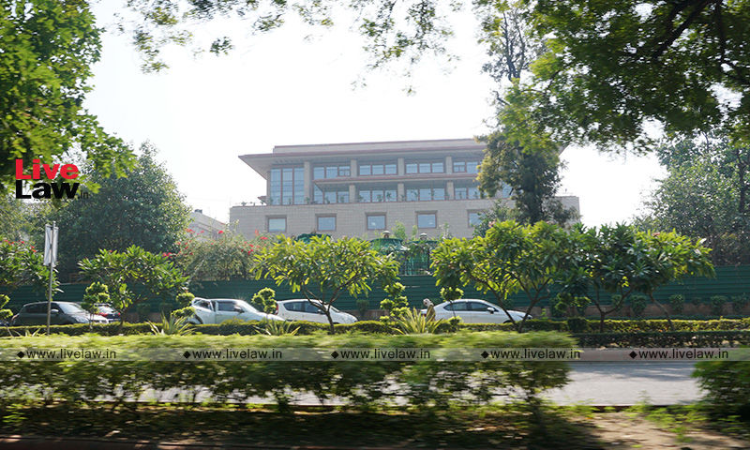Revisional Jurisdiction Is Not Meant To Test The Waters Of What Might Happen In The Trial: Delhi High Court
Zeb Hasan
1 May 2022 8:33 PM IST

Next Story
1 May 2022 8:33 PM IST
Delhi High Court recently observed that revisional jurisdiction is not meant to test the waters of what might happen in the trial. The observation came from Justice Chandra Dhari Singh who also said that the revisional Court has to consider the correctness, legality or propriety of any finding inter se an order and as to the regularity of the proceedings of the...
